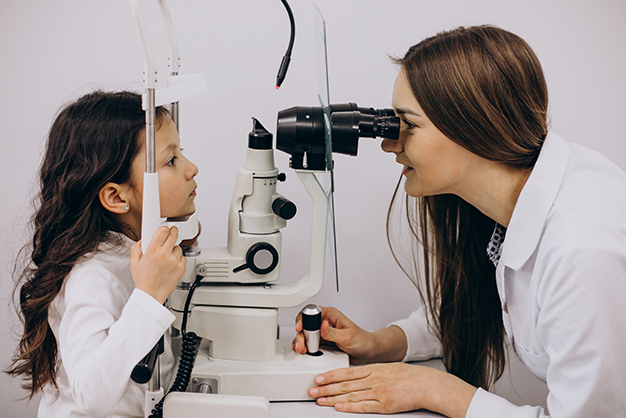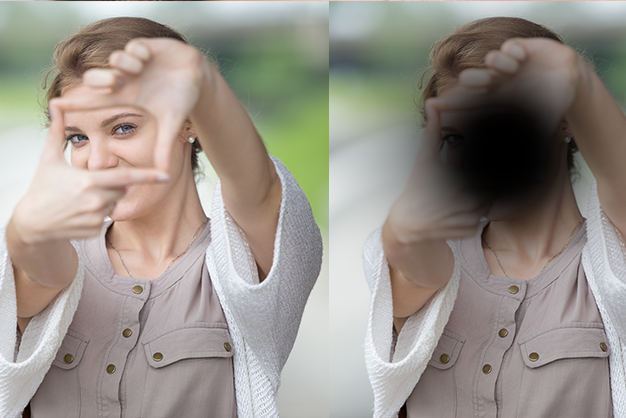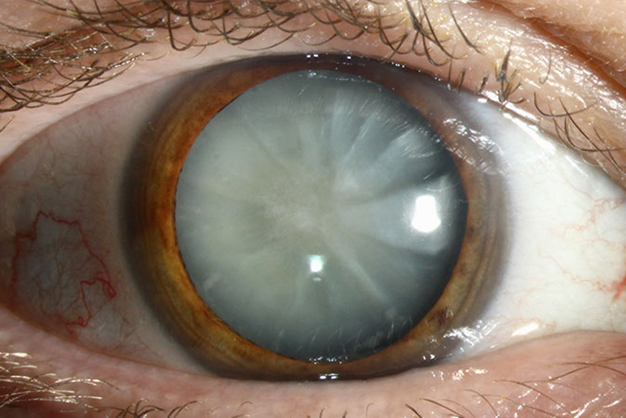
Ophthalmology
Understanding Ophthalmology: A Comprehensive Overview of Eye Health
February 2024

Age-Related Macular Degeneration (AMD) is a progressive eye condition that affects the central part of the retina, known as the macula. As the leading cause of vision loss in individuals over the age of 50, AMD poses a significant threat to sight. In this article, we'll explore the importance of early detection and the available treatments that can help preserve vision for those at risk or already diagnosed with AMD.
Understanding AMD: The Silent Thief of Central Vision
AMD gradually damages the macula, responsible for sharp, central vision, which is crucial for activities like reading, driving, and recognizing faces. There are two main types of AMD: dry (atrophic) and wet (neovascular). Dry AMD is more common and progresses slowly, while wet AMD involves abnormal blood vessel growth under the macula, leading to rapid and severe vision loss.
Risk Factors :
Early Detection: The Key to Preserving Vision
Detecting AMD in its early stages is crucial for implementing effective treatments and slowing down the progression of the disease. Regular eye examinations, including a dilated eye exam and imaging tests, are essential for early detection. Early signs of AMD may include :
Treatment Options: Slowing Down the Progression
Dry AMD :
Wet AMD :
Living with AMD: Coping Strategies and Support
While there is no cure for AMD, several coping strategies can improve the quality of life for individuals living with the condition :
Early detection and prompt intervention are crucial in managing Age-Related Macular Degeneration. Regular eye check-ups, a healthy lifestyle, and awareness of potential symptoms can significantly contribute to preserving vision and maintaining a good quality of life. If you or a loved one is at risk for AMD, consult with an eye care professional to develop a personalized plan for early detection and management. Remember, sight is a precious gift, and proactive measures can make a significant difference in the journey to maintaining clear vision.

Ophthalmology
February 2024